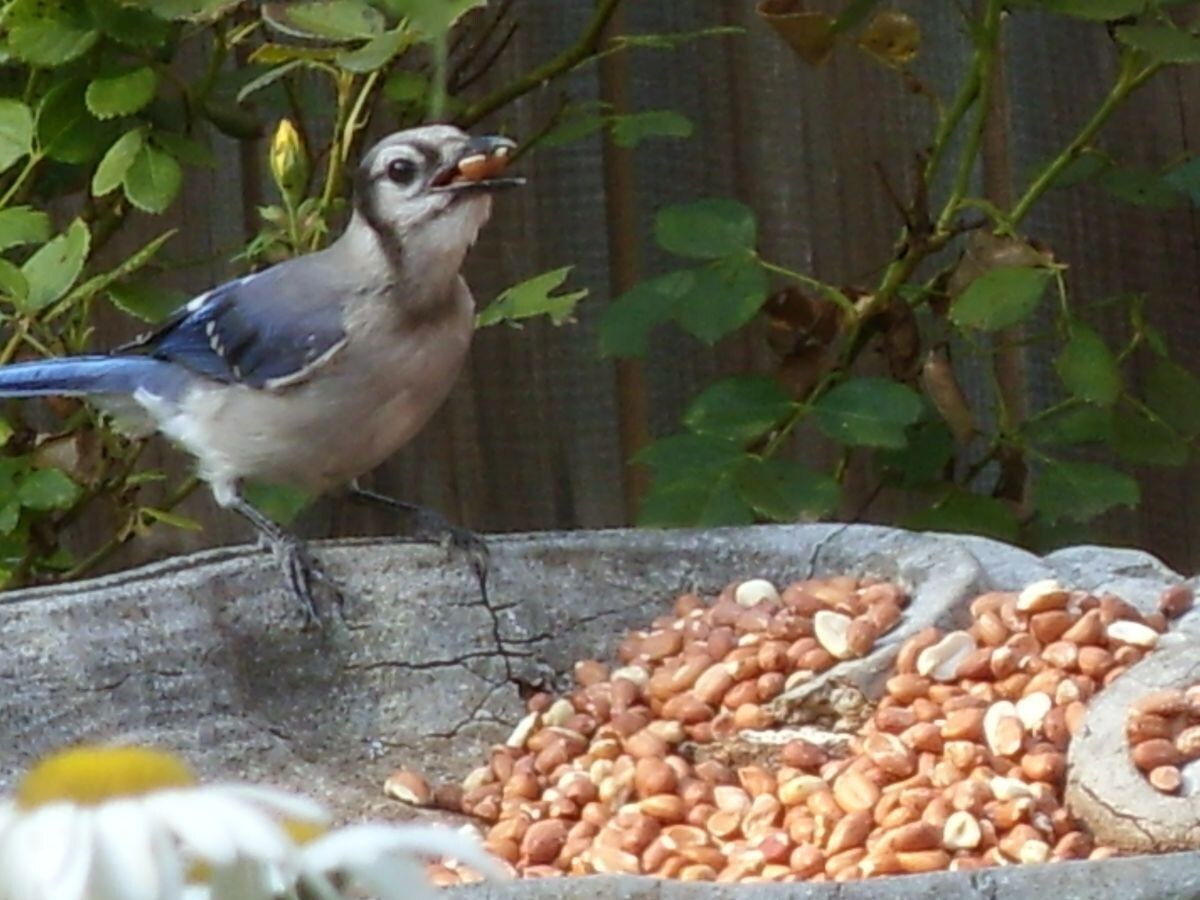More Post from the Author
- AV-Comparatives verffentlicht Consumer Summary Report 2025
- El equipo de Mistral y UVision anuncia la seleccin de HERO-90 para el programa LASSO del ejrcito de EE. UU.
- Lightera Advances Fiber-integrated Temperature Feedback for Safer Laser-based Medical Procedures
- MyMemo AI, Founded by Lingfei Li, Unveils MyMemo ONE -- The Humanoid Robot That Brings AI Into Real Homes at CES 2026
- MediDrive Invests in SPRYT to Advance AI-Driven Care Access and Transform the Patient Experience
Can't Read It, Don't Feed It: Why Wild Bird-Lovers Should Choose Top-of-the-Crop Natural Feed

Cole's Wild Bird Products Offers Expert Advice for Feeding Wild Birds
KENNESAW, Ga., March 18, 2025 /PRNewswire/ -- It's common to wonder about the contents of favorite packaged foods, only to read the ingredient list and still be unclear about what's inside. In some cases, the ingredients seem more like a chemist's shopping list than anything edible. Now, imagine if backyard birds could read. What would they think about the ingredients in the food they're being fed?
A growing number of Americans are choosing natural foods for their pets; nearly a third say they prefer natural products, according to PetFoodIndustry.com. People who feed wild birds care about them just as much as their four-legged pets and want to know they're feeding backyard birds the most natural and nutritious options available. It's hard to feel confident when reading the mystifying ingredient list on the feed bag makes one feel like a bird brain.
The wild bird experts at Cole's Wild Bird Products Co. offer some tips for ensuring wild birds are fed a healthy, natural diet they'll appreciate:
- Avoid seed blends full of cheap fillers, like oats and red milo. Fillers not only lack nutritional value; birds will kick them right out of the feeder. Select natural feed comprised of top-of-the-crop seeds and bypass seed coated with chemicals and mineral oil.
- Take note of unrecognizable ingredients. Often, it's an indication the ingredient is a synthetic or lab engineered. Ingredients like Menadione Sodium Bisulfite Complex and Thiamine Mononitrate aren't found in natural food, they're man-made versions of vitamins. Wild birds normally get all vitamins and nutrients from natural sources, adding a synthetic version is questionable at best. The rule of thumb for buying all natural is if you can't read it, don't feed it!
- Focus on serving feed with an ingredient list that is easy to read and understand. For example, Cole's Sunflower Meats contains nothing but shelled sunflower seeds. Easy, right? It's a favorite feed to a wide range of backyard birds, too.
- Either get to know the types of birds visiting the feeder and research feed they prefer or buy feed from a reputable company that has already that research. Cole's offers select natural seed choices developed and based on factual research about what birds really eat. Their feed is specifically formulated to attract certain species of birds as well as the largest number of birds, too. By knowing and serving what the backyard birds prefer, feeders will keep them returning.
- Feel free to supplement seed and feed with natural food already available at home. For example, jays and woodpeckers love raw peanuts while mockingbirds and orioles love fruit, and chickadees, blue jays and cardinals savor suet. Soak raisins and currants in water overnight, place them on a table feeder, or purchase blends with a dried fruit and nut mixture, like Nutberry Suet Blend. To attract orioles and tanagers, skewer halved oranges onto a spike near the feeders for a special treat.
- Don't forget the importance of the right type of feeder. Dish and bowl feeders are great for serving fruits, while most birds will appreciate a Terrific Tube feeder for seeds both large and small. Traditional tube feeders are a must-have.
- Buy feed from companies specializing in wild bird food. Some companies offer bird feed as a side product to their main business of pet products or grass seed. Cole's exclusively produces and sells products for feeding backyard birds.
To learn more about all-natural feed options with ingredient lists even birds could understand, visit www.coleswildbird.com.
Media Contact:
Joan Casanova
203-292-8820
[emailprotected]
SOURCE Cole's Wild Bird Products

More Post from the Author
- AV-Comparatives verffentlicht Consumer Summary Report 2025
- El equipo de Mistral y UVision anuncia la seleccin de HERO-90 para el programa LASSO del ejrcito de EE. UU.
- Lightera Advances Fiber-integrated Temperature Feedback for Safer Laser-based Medical Procedures
- MyMemo AI, Founded by Lingfei Li, Unveils MyMemo ONE -- The Humanoid Robot That Brings AI Into Real Homes at CES 2026
- MediDrive Invests in SPRYT to Advance AI-Driven Care Access and Transform the Patient Experience


